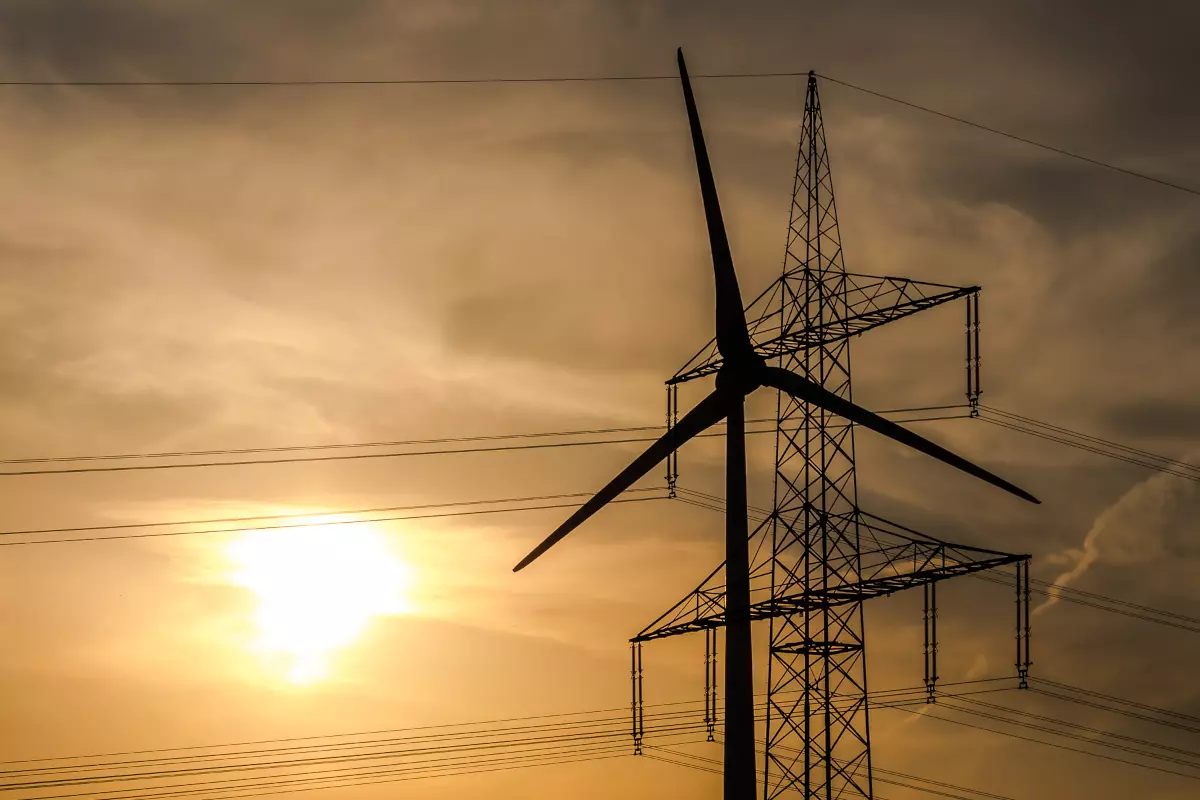
Economy & Environment
Local Economy
Having a workforce with Green Skills can help to boost the local economy.
This is because green businesses and investments tend to focus on areas that are more environmentally friendly, which enhances their sustainability credentials. Not only does this help to diversify local economic activities, it also leads to the creation of more jobs.
Furthermore, Green Skills training can encourage investment in sustainable local infrastructure, such as renewable energy and public transport, leading to additional economic development, improved economic efficiency and social well-being.
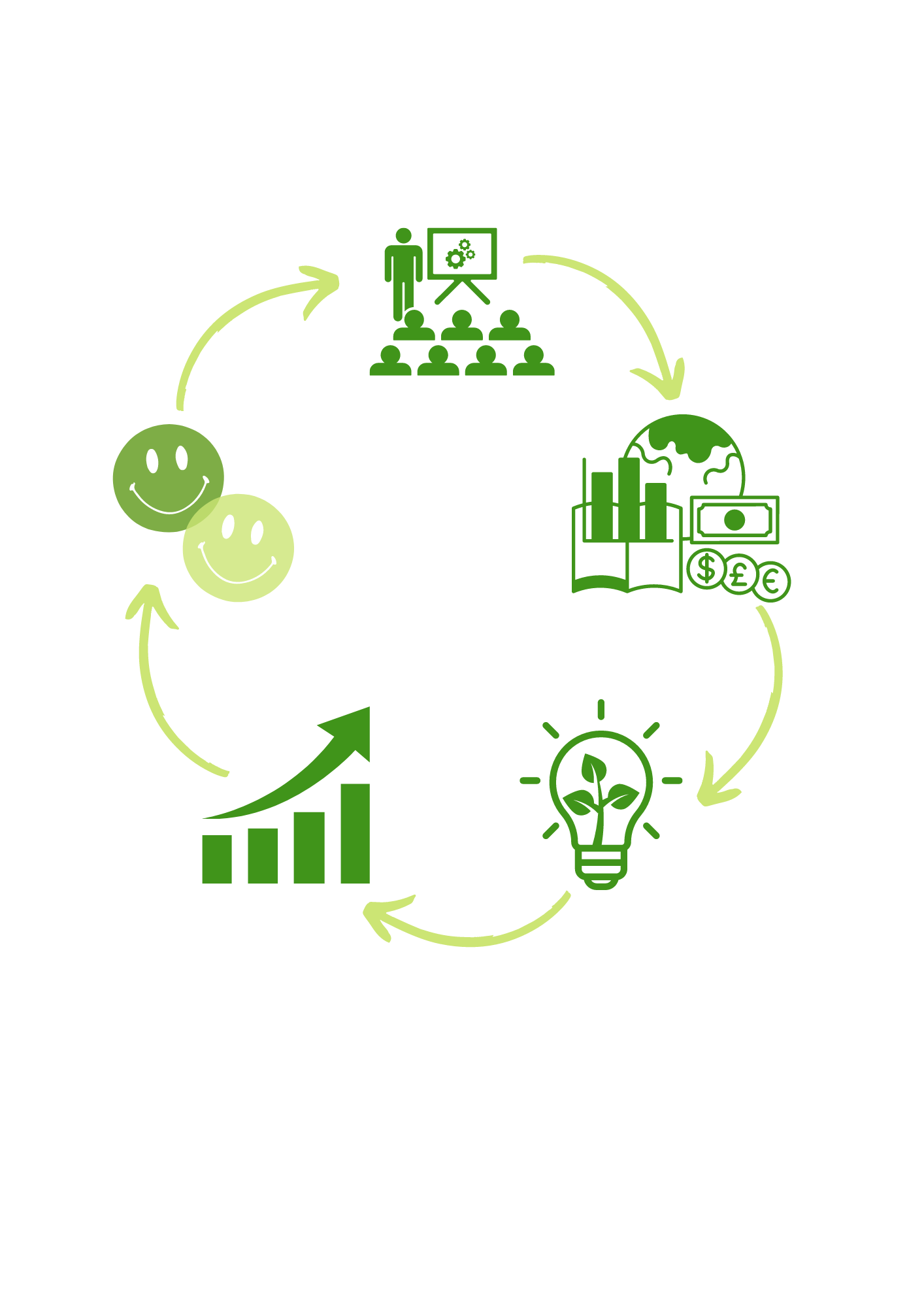
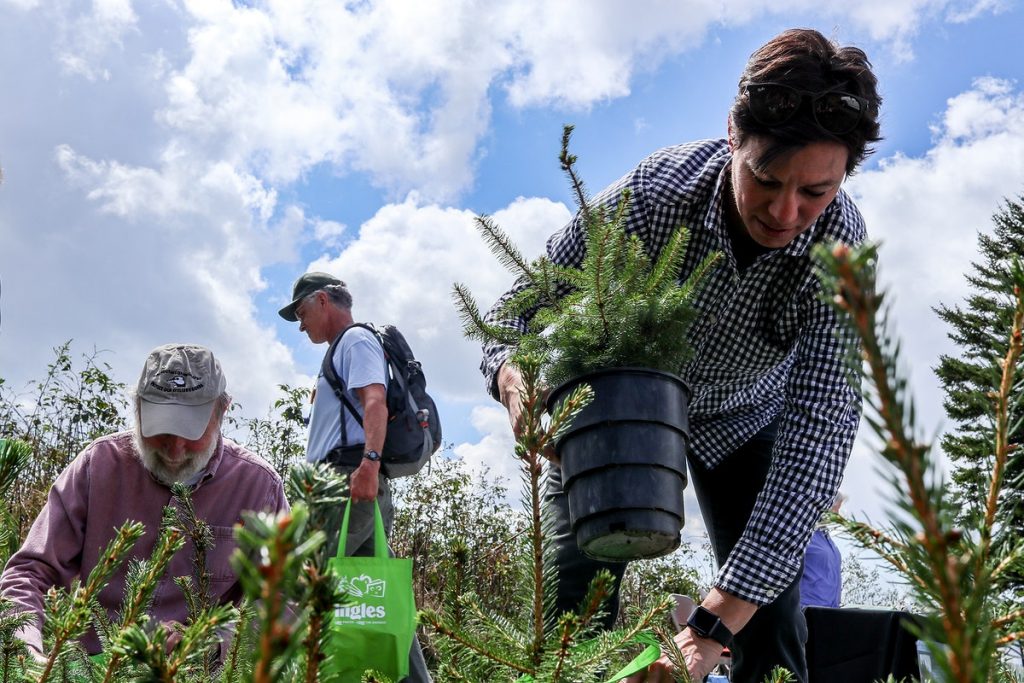
The Role of the Green Economy
Current sustainability initiatives are working towards creating a Green Economy. A Green Economy is an economic system that is based on environmentalist principles of preserving the natural environment. In this way, the economy works in harmony with nature. A workforce composed of professionals with green skills is a fundamental element of the Green Economy.

Stats on the Green Sector
1 in 5
Workers to be affected by the Green Skills transition as their jobs become green
44,000
Low Carbon Jobs Forecasted in Lancashire by 2030 – the highest in the country
250,000
Green Jobs will be supported by 2030 as part of the government’s Green Industrial Revolution Plan
10th in the UK
According to Lightcast data, the Lancaster District are 10th highest share in the country of advertised Green Jobs
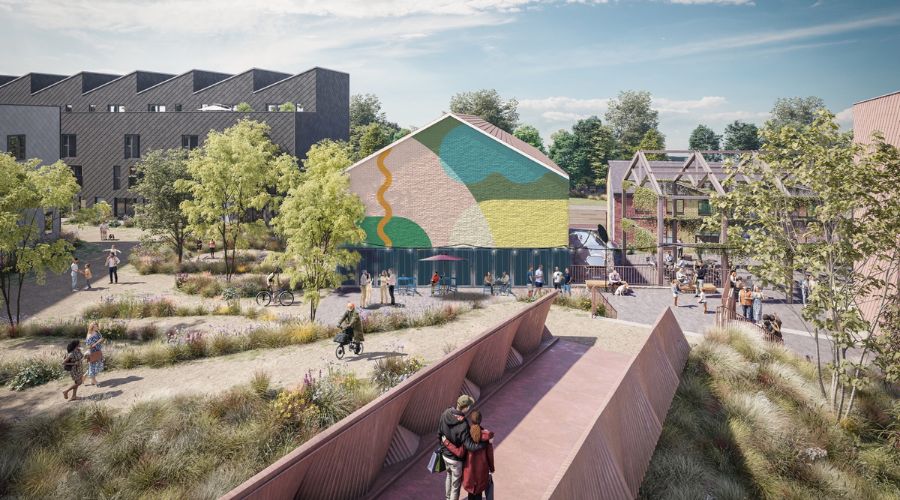
Building and Construction
- Buildings currently contribute to 16% of the UK’s total green house gas emissions
- The sector currently employs 1.3 million people in the UK
- The heat pump association has estimated that 12,400 new installers will be required by 2025 based on government targets
- Predictions that between 135,000 to 725,000 new green jobs will be created in the power supply, construction, and waste & resource management sectors by 2030
- Additionally, the building and retrofitting of social housing will alone create over 500,000 new jobs
Circular Economy (repair, recycle, reuse)
- The waste sector is currently responsible for 6% of the UK’s total greenhouse gas emissions, and it employs 145,000 people
- Growth of the circular economy and waste sectors will support between 40,000 and 472,000 jobs by 2035

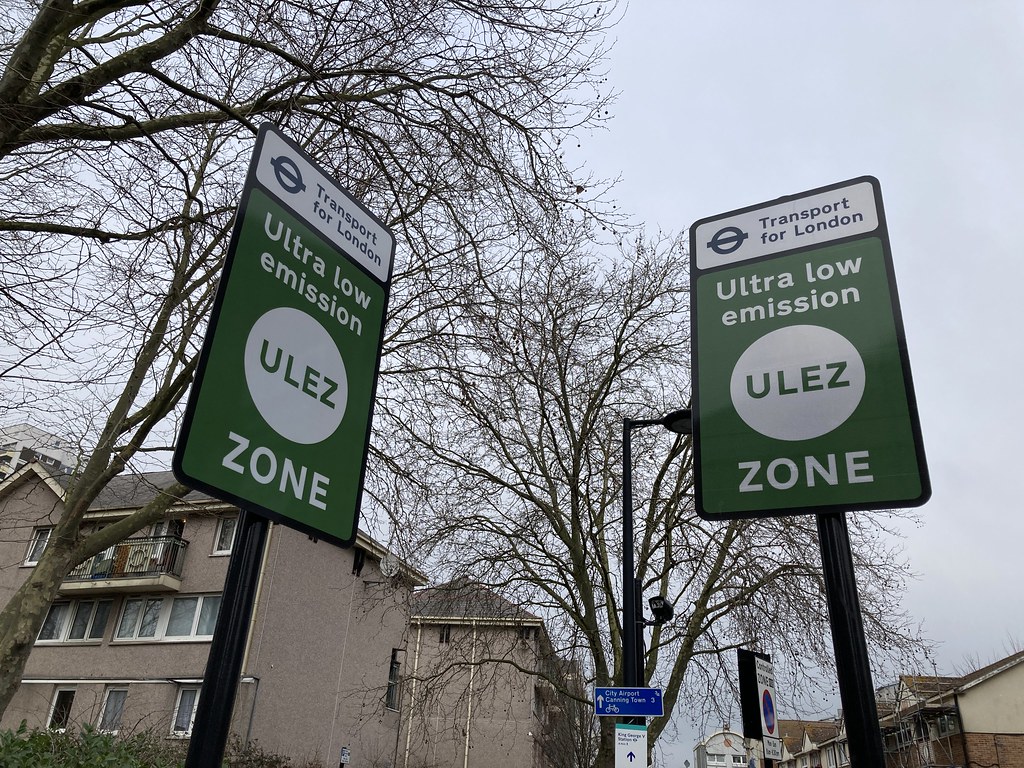
Transport
- The emissions from the Transport Sector currently account for 31% of the UK’s total greenhouse gas emissions
- Expanding and improving the UK’s rail network is set to create more than 120,000 jobs
- Investing in transport electrification (cars, buses, ferries), battery factories and electric charging points will deliver over 59,000 jobs
- The sector currently employs 1.4 million people throughout the UK
Agriculture & Land-Based Economy
- This sector is responsible for 12% of the UK’s total greenhouse gas emissions, employing 475,000 people (2022)
- A successful green transformation demands changes in land use, converting large amounts of land from brownfield sites to forestry and conducting large-scale environmental restoration
- It is considered that 16,000 new jobs are needed in this sector, relating to nature conservation and restoration efforts as well as planning, forestry and sustainable food systems
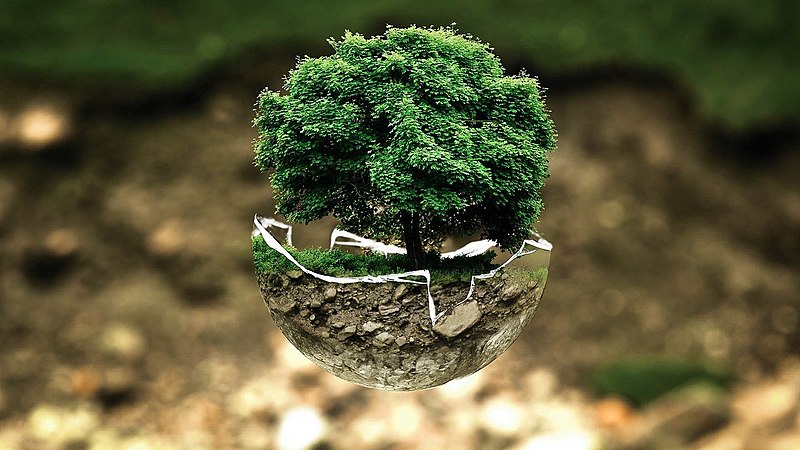
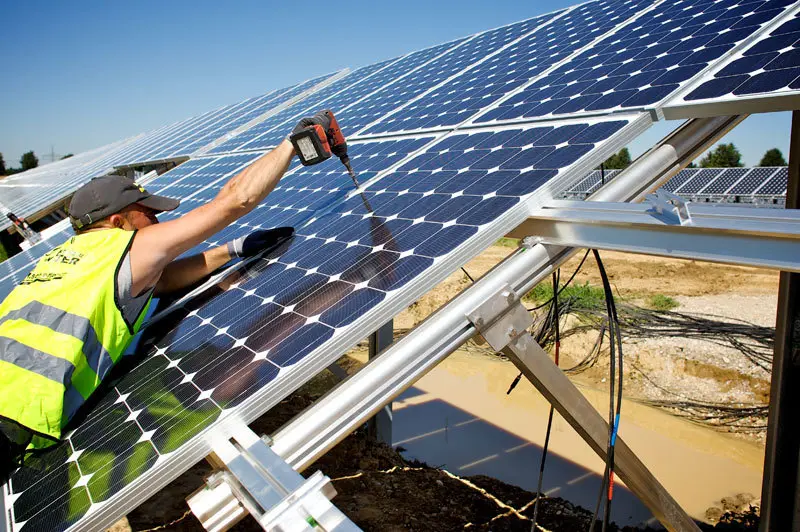
Power
- The power industry is responsible for 11% of the UK’s total greenhouse gas emissions
- In 2022, the renewable energy sector had 67,000 employees, which is expected to increase to 80,000 employees by 2035
Heavy Industry
- Emissions from heavy industry accounts for 15% of the UK’s total greenhouse gas emissions
- The UK’s manufacturing and refining sector provides 2.5 million jobs, alongside more than 5 million indirect jobs such as in sales and logistics.
- New jobs in this sector will relate to Green Steel, Hydrogen Production, Carbon Capture and Storage, and Green Infrastructure
- It is expected that around 500,000 new jobs could be created in the green heavy industry sector as government Net Zero targets are reached
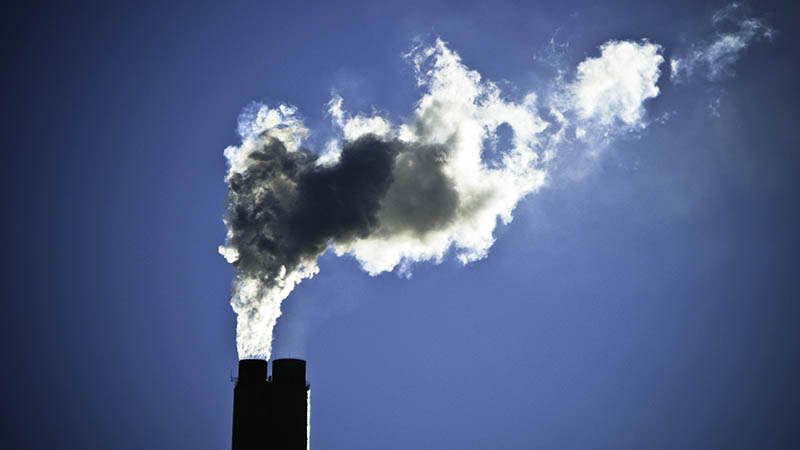
Impact on the Environment
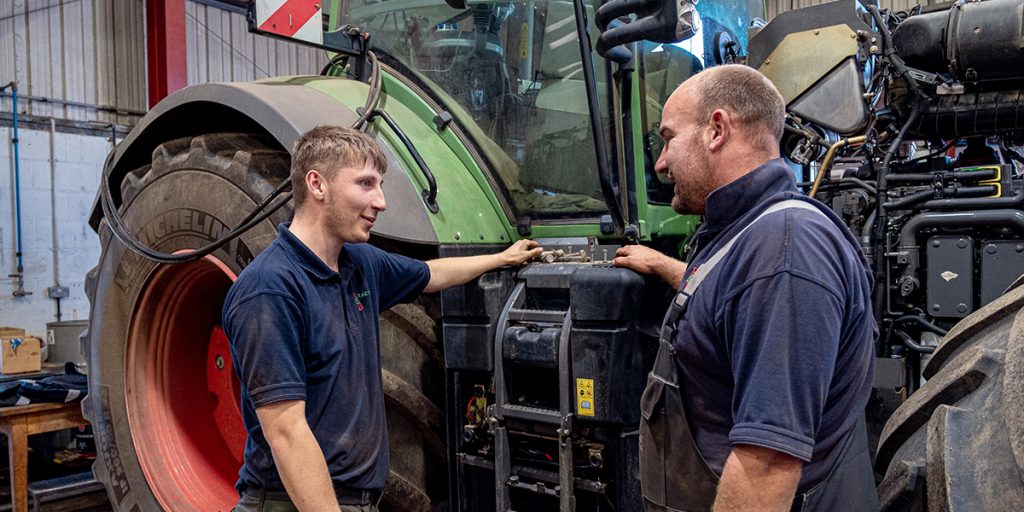
A workforce with Green Skills will champion sustainable practices across society and the economy, encouraging the achievement of reaching Net Zero.
These sustainable practices, such as installing renewable technologies, retrofitting buildings and encouraging energy efficiency, will see a reduction of greenhouse gas emissions.
- This will tackle the damaging effects of climate change and support the economy and society to become more resilient against climate change.
- It will also improve air and water quality, benefitting both humans, plants and animals.
- Reduce water consumption, which can preserve freshwater resources.
- Reduce quantities of waste, which will avoid harmful chemical pollution and keep larger areas of land available for other forms of land use such as housing.
- Reduce land degradation by encouraging sustainable land management.
